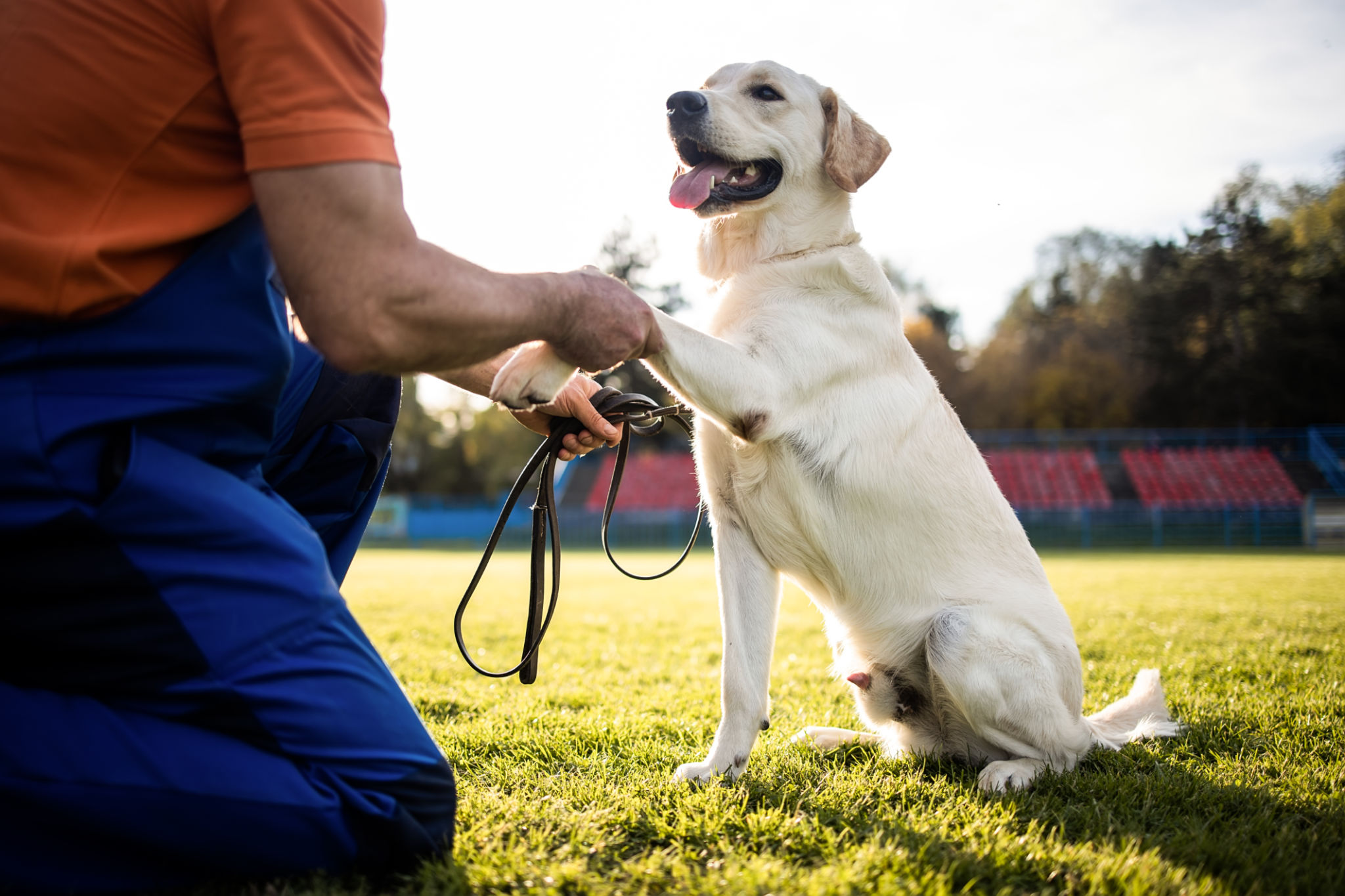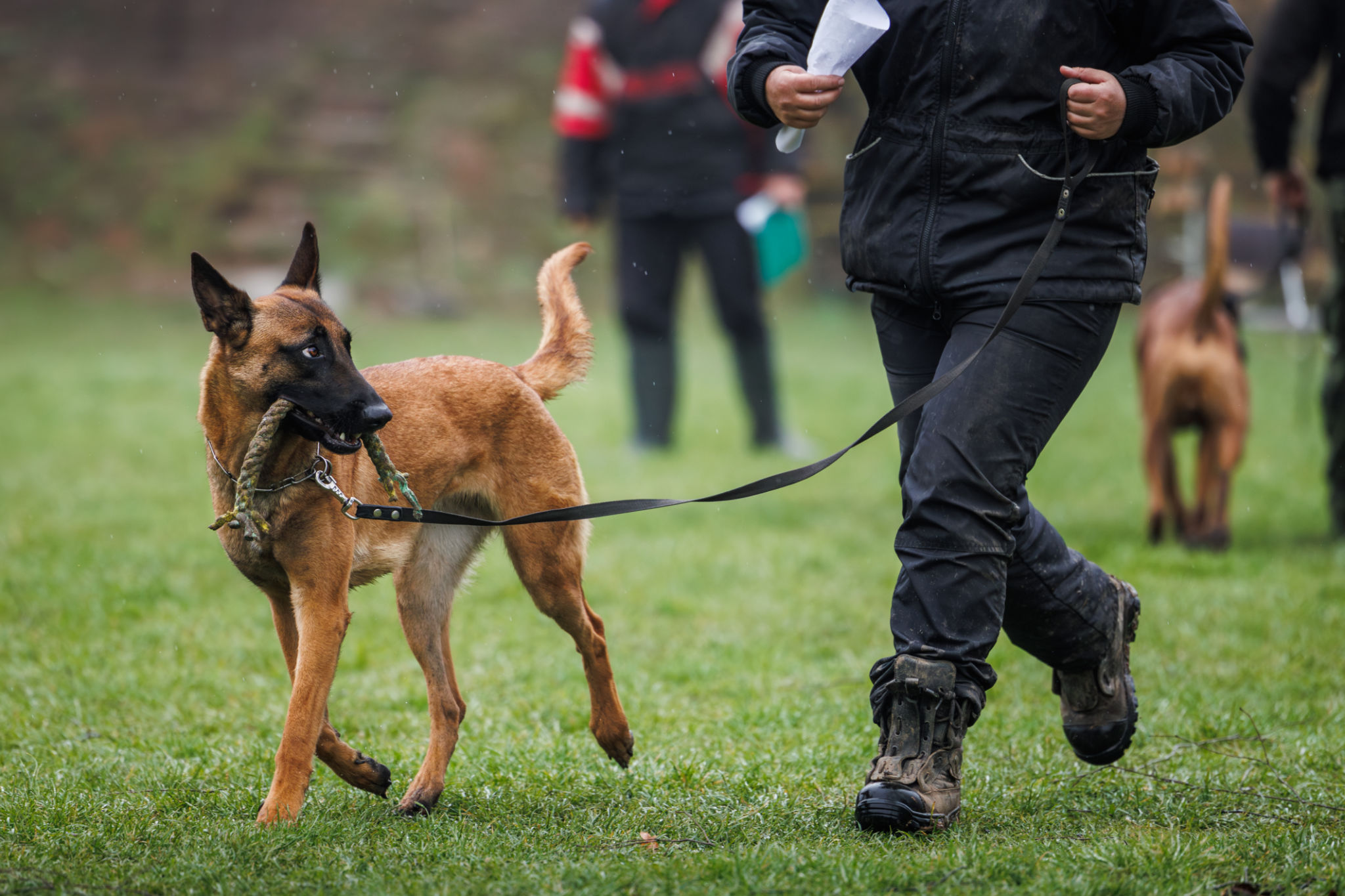Expert Tips for Training Your Psychiatric Service Dog
The Importance of Psychiatric Service Dogs
Psychiatric service dogs provide invaluable support to individuals with mental health conditions, helping them navigate daily life with greater ease and confidence. These specially trained dogs can perform a variety of tasks, from reminding their handler to take medication to providing deep pressure therapy during anxiety attacks. Training a psychiatric service dog is a detailed process that requires expertise and patience.

Understanding the Basics of Training
Before diving into training, it's crucial to understand the specific needs and tasks required for a psychiatric service dog. Each handler's requirements may vary, so a tailored approach is essential. Generally, training begins with basic obedience skills such as sit, stay, and come. Mastery of these commands lays the foundation for more advanced tasks that the dog will need to perform.
Consistency is key in training. Regular practice sessions help reinforce learned behaviors and ensure that the dog remains responsive and effective in its role. It's also important to use positive reinforcement methods, rewarding the dog for good behavior with treats or praise.
Task-Specific Training
Once basic obedience is established, the next step is task-specific training. This phase focuses on teaching the dog to perform tasks that mitigate the handler's specific psychiatric symptoms. For instance, a dog might learn to interrupt self-harming behaviors or provide tactile stimulation during episodes of dissociation.

Training should be conducted in various environments to ensure the dog can perform its tasks reliably, regardless of the setting. Public access training is also vital, as psychiatric service dogs need to accompany their handlers in numerous public places.
Working with Professional Trainers
While some handlers may choose to train their service dogs themselves, working with a professional trainer can be highly beneficial. Professional trainers have experience and knowledge of advanced training techniques and can offer guidance tailored to the specific needs of both the handler and the dog.
- They can help identify effective training methods tailored to the dog's temperament.
- They provide insights into handling challenging behaviors.
- They ensure compliance with legal standards for service dogs.

Legal Considerations and Certification
Understanding the legal aspects of owning a psychiatric service dog is vital. These dogs are protected under the Americans with Disabilities Act (ADA), which ensures they have access to public spaces alongside their handlers. While there is no official certification required by law in the United States, having a well-trained dog is crucial for maintaining public access rights.
Some handlers may choose voluntary registration or certification programs to provide additional documentation of their dog's training and abilities. However, it's important to remember that these are not legally required but can sometimes help in situations where a dog's status as a service animal might be questioned.
Continuous Training and Adaptation
The training of a psychiatric service dog is an ongoing process. As the handler's needs evolve, so too might the tasks required of the dog. Regular assessments can help determine if additional training or adjustments are necessary to ensure the dog remains an effective support companion.
In summary, training a psychiatric service dog involves understanding the specific needs of the handler, consistent and positive reinforcement training, and possibly working with professional trainers. By recognizing the importance of these factors, handlers can effectively prepare their dogs to offer life-changing support.